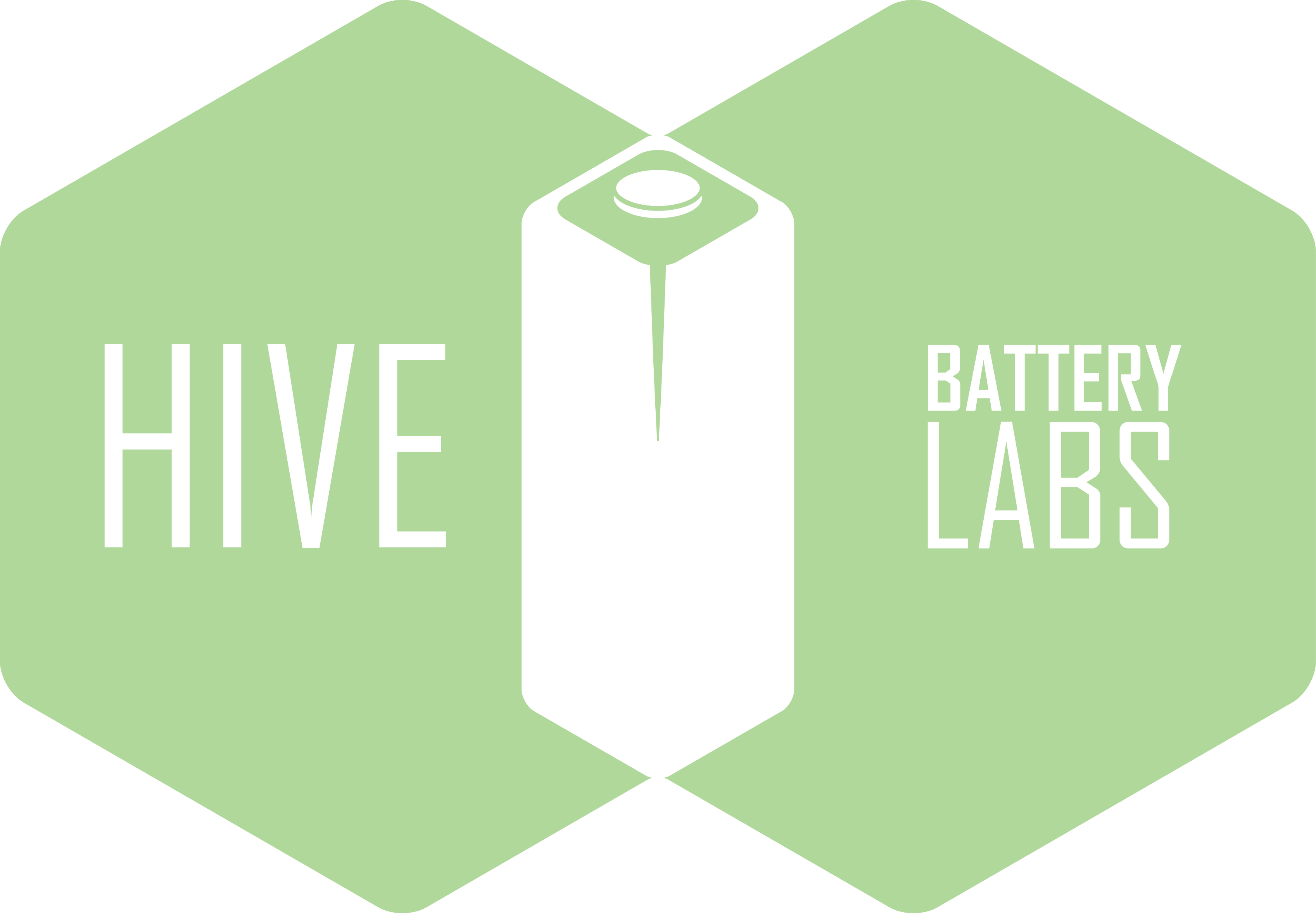Presented by Eric Din
Recap by guest-contributor Atinuke Ademola-Idowu, PhD Candidate, Electrical Engineering, University of Washington Seattle.
In battery manufacturing, the quality control process goes from formation – slow charge and discharge of each cell after it has been assembled, storage – 14 days process where cells are in temperature-controlled room and subjected to tests to show defects, and finally grading – cell categorization which takes about 1 day. The focus of Hive battery labs is to shorten the cell residence time in the storage process from 14 days through predictive analytics which involves understanding the internal process of the battery’s impedance spectroscopy. Using impedance testing provides a faster way of determining the battery quality compared to the typical tests that rely on current and voltage measurement. They also provide a lab grade impedance spectroscopy that gives the impedance spectrum as cells form. The company currently works mostly with automotive industries that have more incentive to lower cost.
